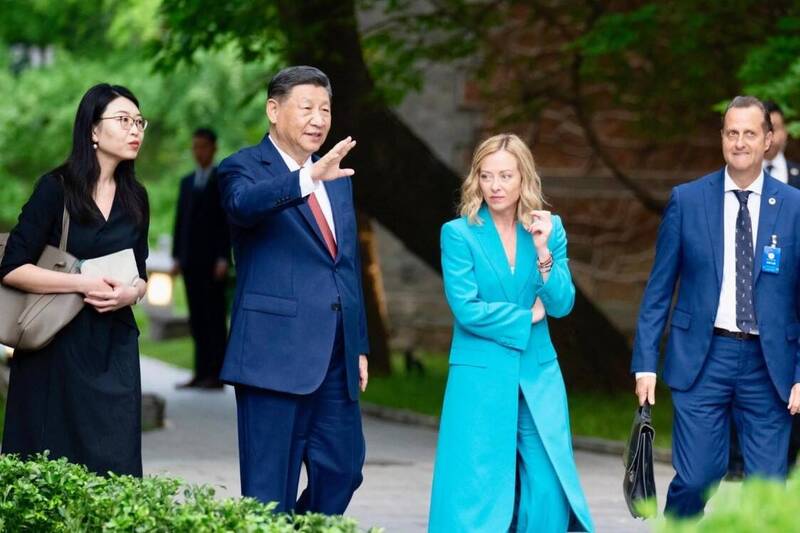
Sebastian Contin Trillo-Figueroa, Geopolitics Analyst in EU-Asia Relations and AsiaGlobal Fellow, The University of Hong Kong
Aug 30, 2024
The Italian Prime Minister’s visit to China offers key insights into the state of Sino-European relations, the evolution of de-risking strategies, and China’s response to this challenge.
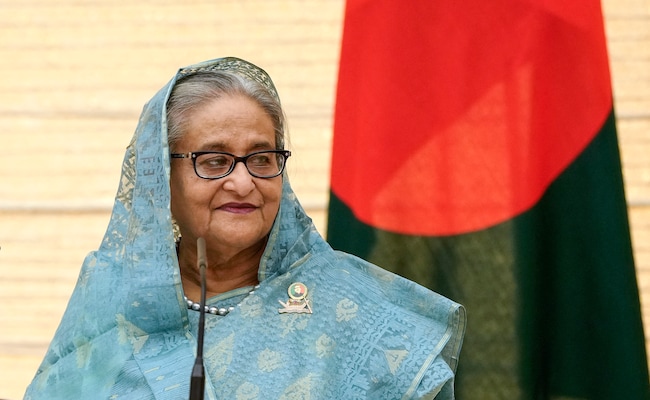
Ananth Krishnan, Director at The Hindu Group, and AsiaGlobal Fellow at University of Hong Kong
Aug 30, 2024
The political turmoil in Bangladesh offers governance lessons for the Global South and serves as a cautionary tale for developing nations pursuing reforms. And as key partners like India, China, and the U.S. re-engage with Dhaka, they should consider broadening their relationships beyond the ruling party.

Brian Wong, Assistant Professor in Philosophy and Fellow at Centre on Contemporary China and the World, HKU and Rhodes Scholar
Aug 23, 2024
Italy’s nascent Meloni administration has made no secret of its intention to divert from the previous regime’s warm approach to China. Even with its withdrawal from the Belt and Road Initiative, the door still seems to be open for a different kind of investment into Italy for China - so long as Meloni’s cabinet sees a tangible benefit for Italy.
Xiao Bin, Deputy Secretary-general, Center for Shanghai Cooperation Organization Studies, Chinese Association of Social Sciences
Aug 21, 2024
Ukraine’s advance into Russian territory may pose new risks, including escalation of the war and further complication of the peace process. The aim may be to create a “land-for-land” negotiation in the future, but this may not work. Peace cannot be achieved as long as one side believes it can win. It only happens when one of the warring parties is exhausted.
Lucio Blanco Pitlo III, President of Philippine Association for Chinese Studies, and Research Fellow at Asia-Pacific Pathways to Progress Foundation
Aug 21, 2024
The Philippines, ever aware of its strategic importance in Asia’s waters, is making moves to strengthen its positions in economy and defense, the latter area being of utmost importance to Manila when looking at the flurry of activity Manila has taken in recent months.
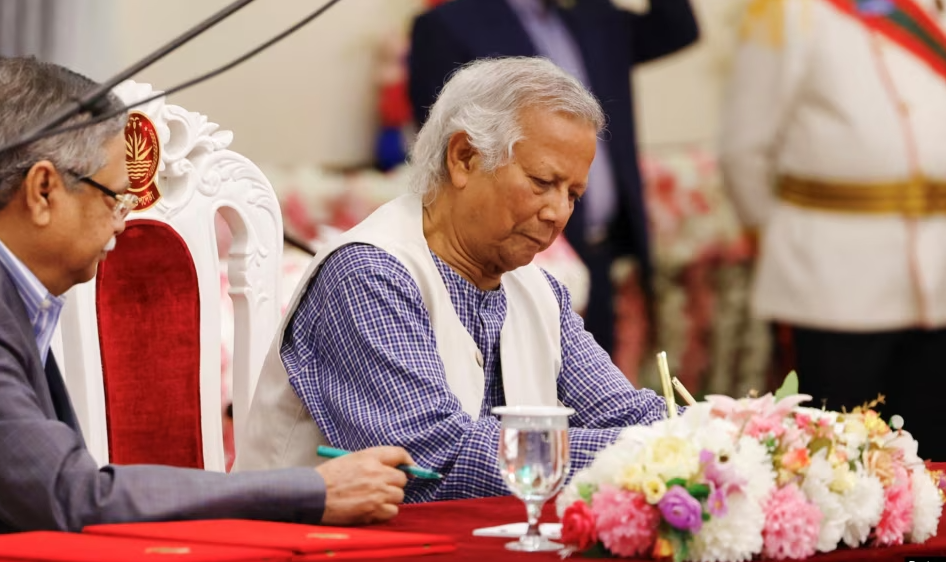
Sujit Kumar Datta, Former Chairman of Department of International Relations, University of Chittagong, Bangladesh
Aug 12, 2024
The resignation of Prime Minister Sheikh Hasina is a major inflection point. Whether or not this change will bring stability or worsen the situation depends on how the new government under Muhammad Yunus performs and fulfills public expectations.
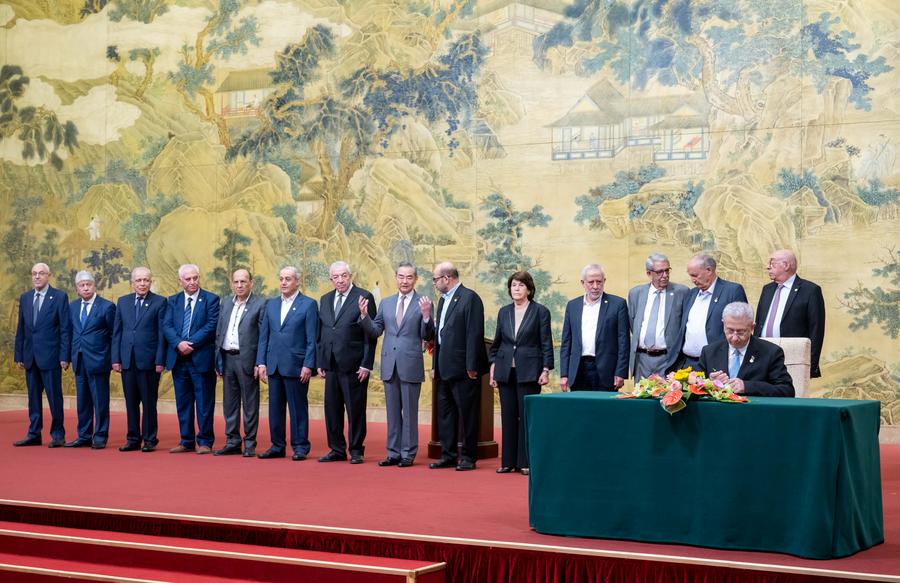
Wang Zhen, Professor and Deputy Director, Institute for International Relation Studies, Shanghai Academy of Social Sciences
Aug 08, 2024
Many people in the West tend to view the expansion of China’s influence in the Middle East through the lens of great power rivalry. China rejects this concept, and its diplomatic efforts have helped to prevent the escalation of regional crises.
Richard Javad Heydarian, Professorial Chairholder in Geopolitics, Polytechnic University of the Philippines
Jul 26, 2024
The Philippines is at a crucial juncture right now, as the U.S. and China jockey for influence over the strategic waters surrounding the nation. Under new leadership favoring the West, the Philippines risks entangling itself in an escalating struggle between the two global powers.
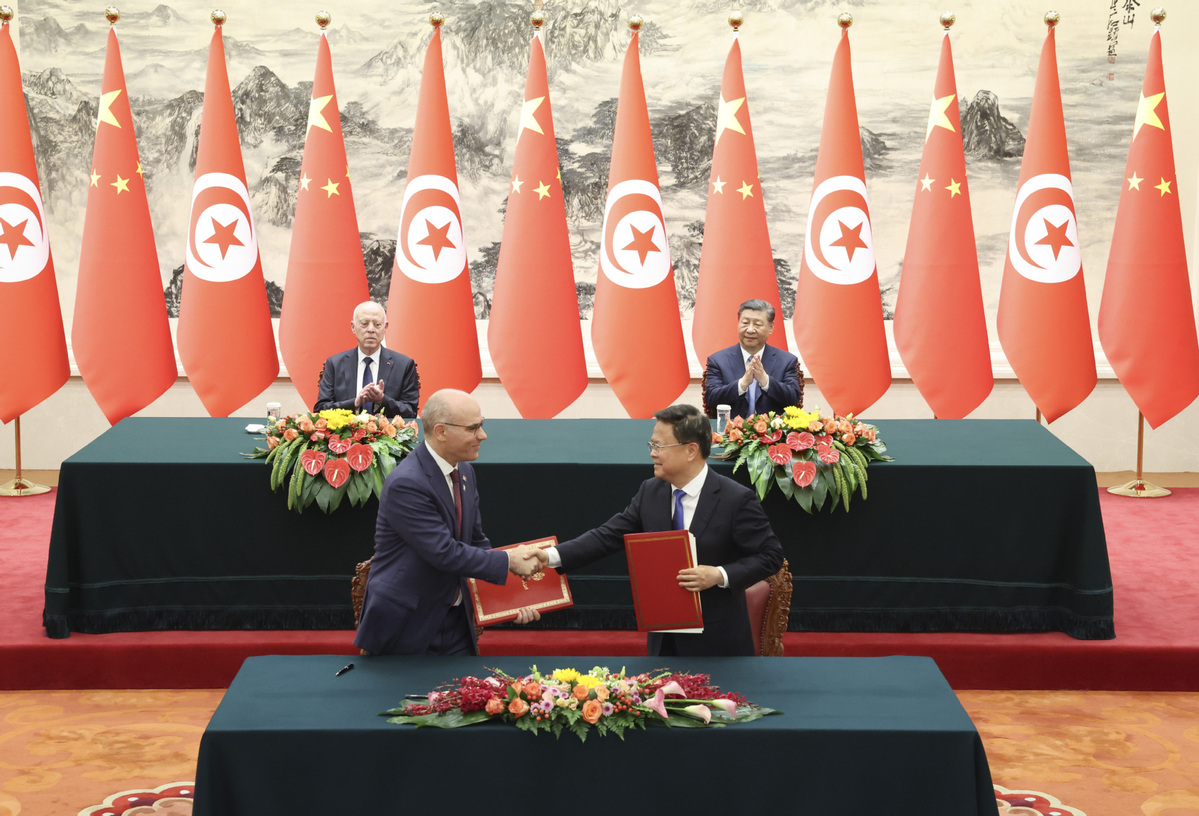
Elyssa Koepp, Tunisian-German-American specialist, Research Assistant at Center for Constitutional Studies and Democratic Development
Jul 05, 2024
Tunisia’s location on the Mediterranean Sea has lent itself to close ties with Europe over many decades, but President Kais Saied seems to be spurning the West now in favor of currying favor with China.
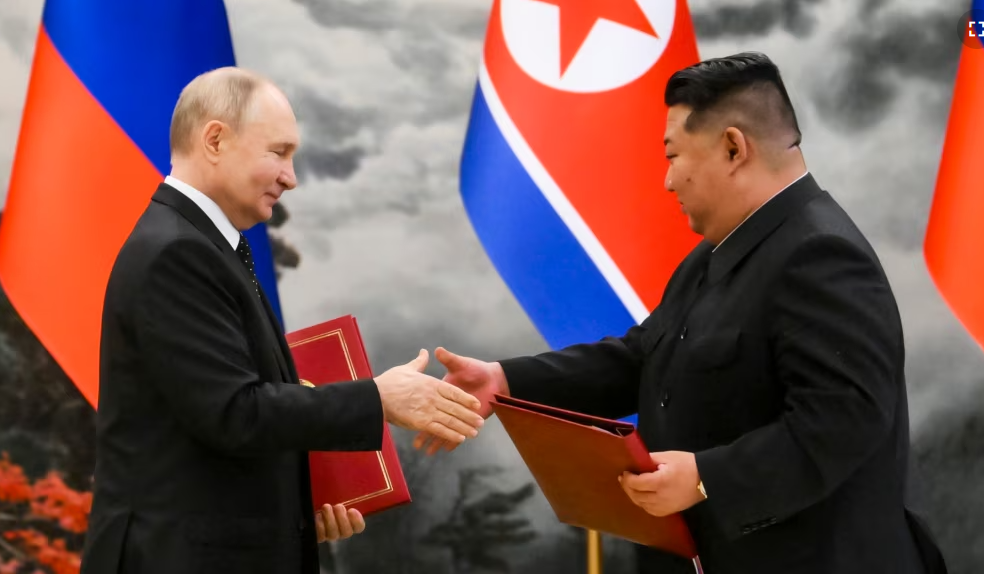
Zhang Yun, Professor, School of International Relations, Nanjing University
Jul 04, 2024
While China and the United States are the most important external stakeholders on the Korean Peninsula, Russia has focused more on its strategic interests in the region out of concern over security issues in Europe. To achieve enduring peace, communication must resume under the multilateral framework of the Six-Party Talks.
Back to Top

- China-US Focus builds trust and understanding between the U.S. and China through open dialogue among thought leaders.
- Our Offerings
- Topics
- Videos
- Podcasts
- Columnists
- Research Reports
- Focus Digest
- Stay Connected
-
Thanks for signing up!
- Get the latest stories from China-US Focus weekly.